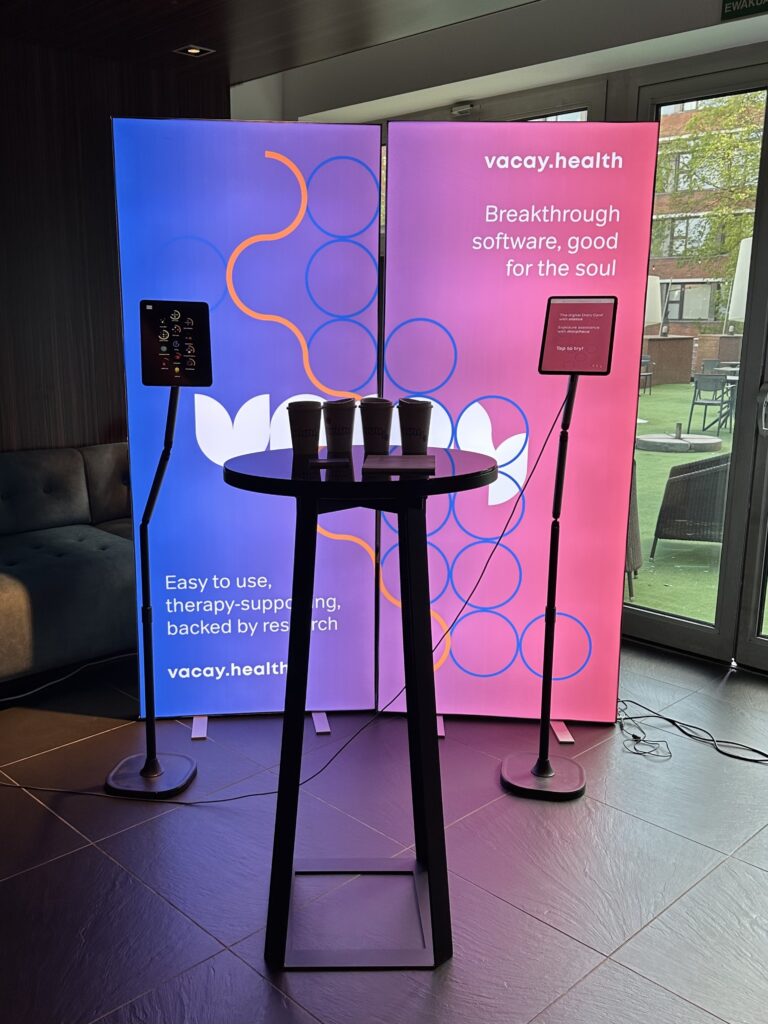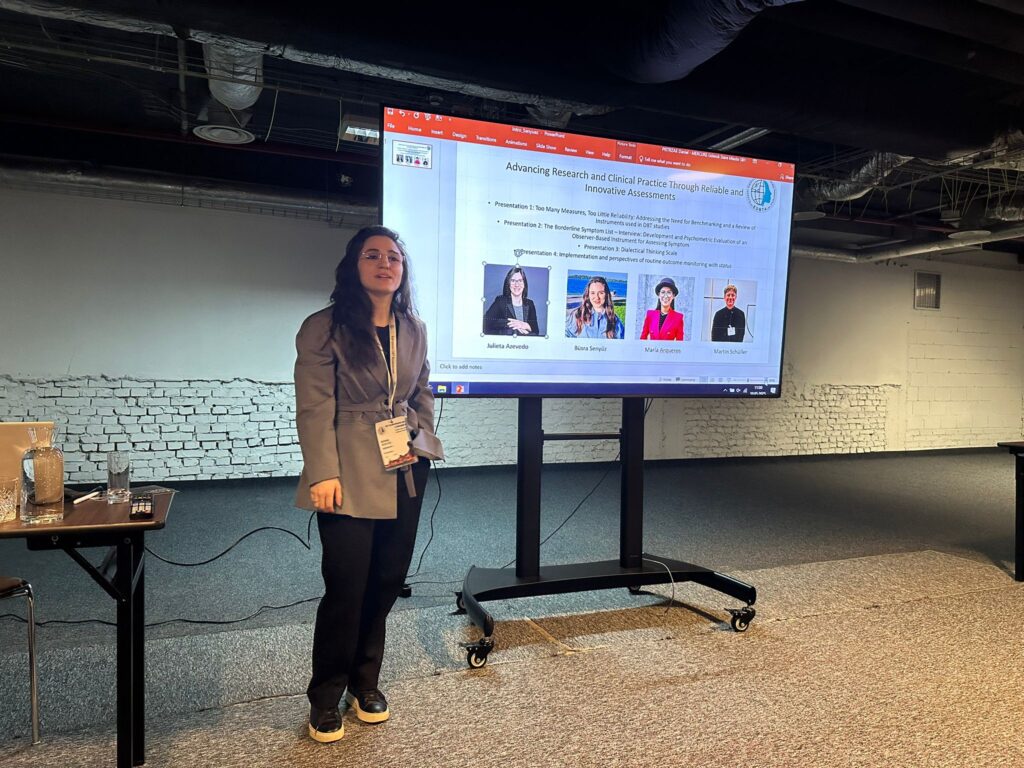



The 1st European DBT Congress was held from 8–10 May 2025 in the beautiful city of Gdańsk, Poland, which brought together leading minds in psychotherapy, research, and digital health innovation.
The European DBT Congress is a new and exciting platform for collaboration across borders. With presentations by leading experts including Martin Bohus, President of EDBTA, Michaela Swales and Julieta Azevedo, the event enhanced the importance of innovation and shared learning in the future of psychotherapy.
We are proud to announce that our CEO, Martin Schüller, was invited to speak at the 1st European DBT Congress by our Medical Advisor and Mentor, Martin Bohus.
During his session, Martin introduced STATUS, our secure and flexible digital platform designed for:
- Conducting clinical surveys and follow-ups
- Supporting structured dialogue between therapists and patients;
- Enhancing continuity and accountability in therapy.
His presentation sparked meaningful dialogue on how digital tools like STATUS can complement dialectical behavior therapy (DBT) and other evidence-based approaches, especially in clinical and research environments.
“Our goal with STATUS is to empower patients as well as therapists with technology that respects the complexity of human experience—without getting in the way of it,” Martin shared during his talk.
Martin’s congress experience was characterised by the positive intake that also included the talk from Julieta Azevedo who highlighted the importance of benchmarking—that is, comparing treatment outcomes to expected outcomes. The other highlight was the talk from Büsra Senyüz who presented the development and evaluation of the Borderline Symptom List – Interview (BSL-I), followed by Maria Arqueros, who introduced the Dialectical Thinking Scale and its evaluation.
Further information on the congress and the future objectives of the European DBT Association can be found via the following link.: https://edbta.eu
We thank the EDBTA for the opportunity to contribute and connect — and we look forward to continuing the conversation on how digital health can strengthen therapeutic relationships.
